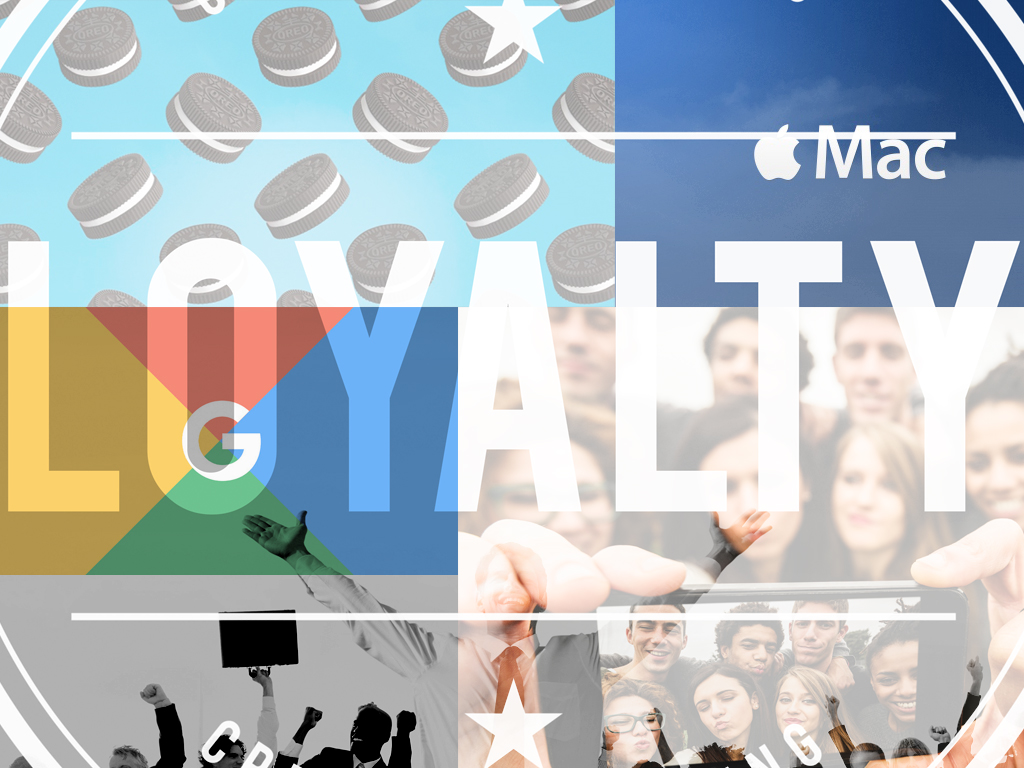“Organic” isn’t just a buzzword for millennials. Just over half of all millennials actively try to include organic food as part of their diet, more than any other generation, and that preference for something natural and “real” also extends to the way they consume digital media.
The fact that millennials value honesty and authenticity has been well covered, and there also evidence that traditional print or television advertising is less effective at engaging millennials.
A report conducted by Elite Daily, Millennial Consumer Trends 2015, further confirms millennials’ eschewing of traditional media and advertising, with a survey of 1,300 respondents revealing that millennials prefer to be influenced by the opinions of their friends (37 percent), parents (36 percent), or online experts (17 percent), over that of traditional media and advertising.
In addition, 58 percent of millennials expect brands to publish content online for before they make a purchase, and 43 percent consider the quality of authenticity to be more important than the content itself.
Authenticity Over Advertising
Millennials place the greatest reliance on blogs when considering a purchase, with 33 percent considering blogs to be the top media source, according to Elite Daily’s report.
Less than 3 percent consider advertising in TV news, magazines, and books to be the most influential source in their purchase journeys. In fact, only 1 percent of millennials admitted that a compelling advertisement would make them trust a brand more.
In addition, 60 percent of millennials said that they are often or always loyal to brands that they currently purchase, suggesting there is a great deal of value for brands who can win the loyalty of a consumer.
With iOS 9 now allowing users to use ad blockers, organic search content such as blogs and reviews may be one of the best ways to reach millennials in the research and consideration stages of a purchase. This part of the purchase journey can be highly significant. For large purchases, such as a home, millennials can spend a great deal of time seeking out this content, with 83 percent of millennials reporting they begin researching a purchase up to six months in advance.
‘I‑Want-To-Do’ Moments
The moments consumers turn to search to make a query is “I‑Want-To-Do” moments, searches that people make on the spur of the moment, anything ranging from “how to tie a tie”, to “how to make a cake”. This kind of usage is especially pronounced amongst millennials.
According to Google, 67 percent of millennials agree that they can find a YouTube video on anything they want to learn. Google calls these micro-moments “the new battlegrounds for people’s hearts, minds, and dollars,” because they present a great opportunity for brands to engage in a non-advertorial way:
“Most marketing plans are grounded in traditional one-way media: Broadcast from brands to large audiences. Without signals of intent, traditional media makes it impossible to know whether someone actually needs or wants your product. But when people ask how to do something, that’s a need. That’s someone asking, ‘can you help me out?’ Digital media let brands respond to those questions and be there at the very moment someone needs them most. Brands that successfully do this can win loyalty and drive sales to boot. In fact, nearly one in three millennials say they’ve purchased a product as a result of watching a how-to video.”
Engaging Millennials
Organic search and content will be a key channel to winning the awareness, purchases, and loyalty of millennials as it allows brands to respond to the needs of this audience, whether that be with content, informative videos, or articles.
Millennials expect brands to actively consider their wants and needs, and are prepared to engage with a brand and provide feedback. According to Elite Daily’s findings, 42 percent of Millennials said they are interested in helping companies develop future products and services.
For millennials, this kind of content, which caters for moments they are seeking answers, is powerful as it fulfils a genuine relationship between a brand and their audience. As the generation grows and matures, organic search and content will provide much more so than advertorial messages, inspiring greater brand awareness and ultimately loyalty.



